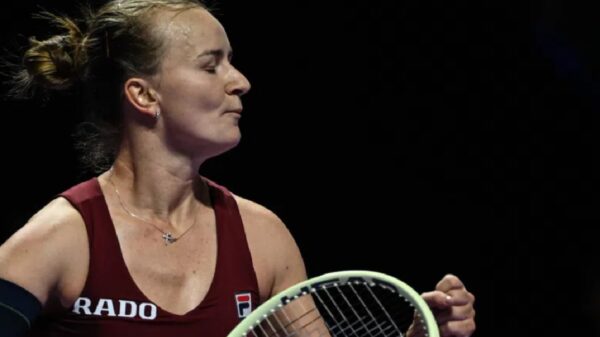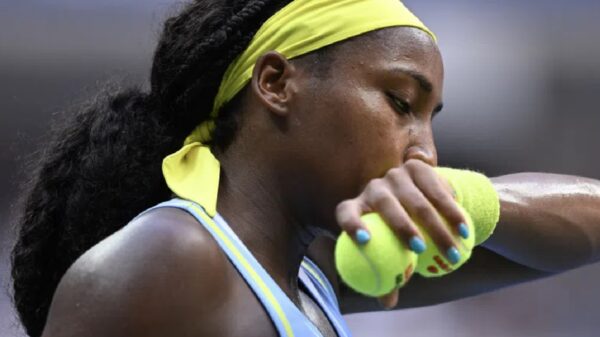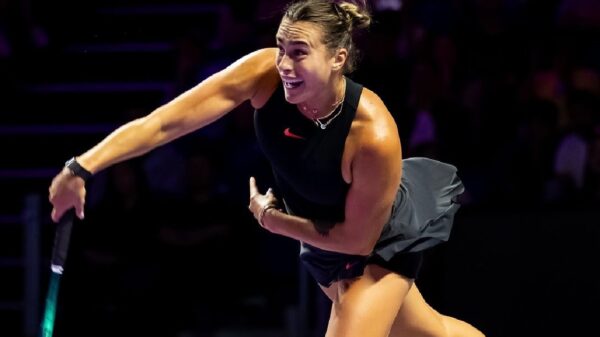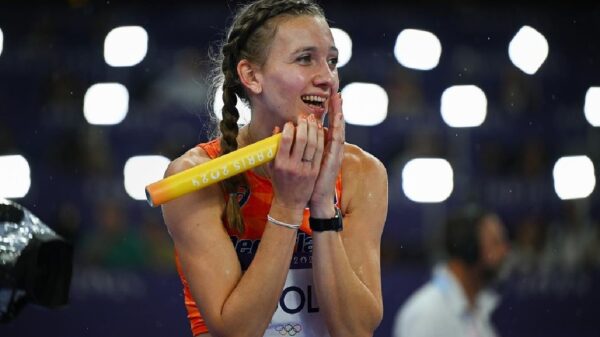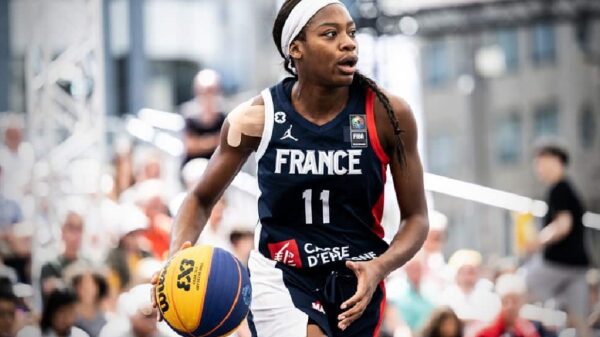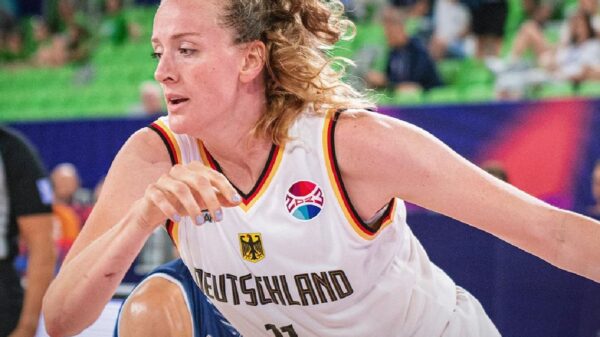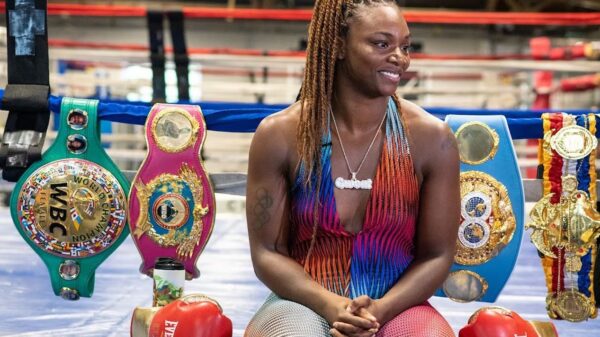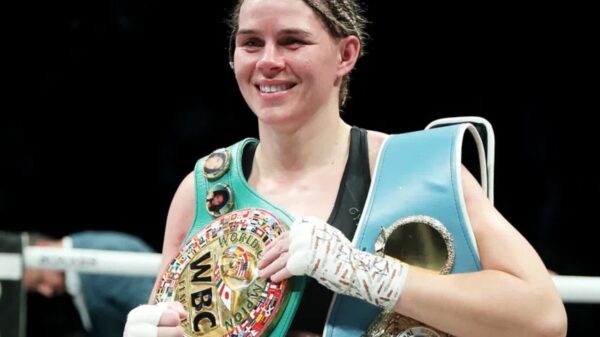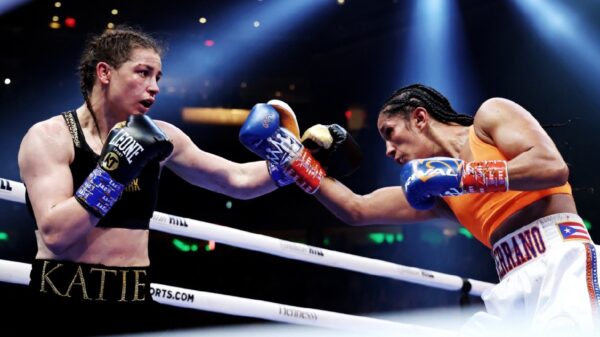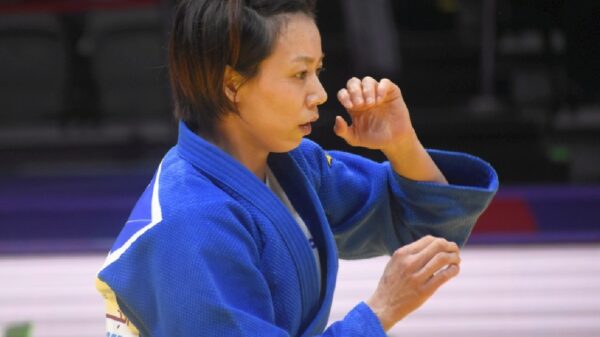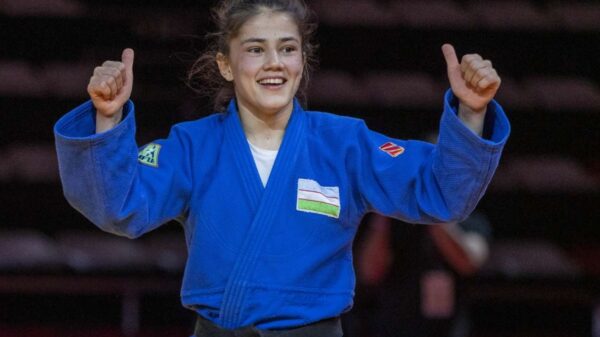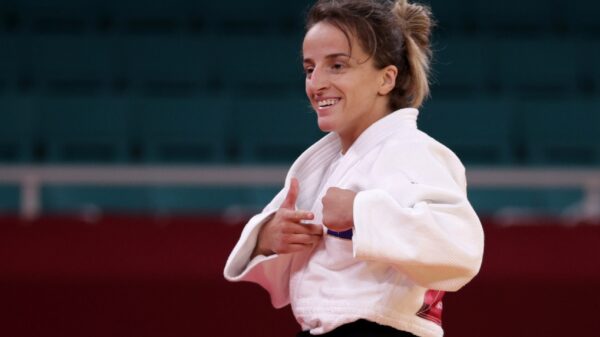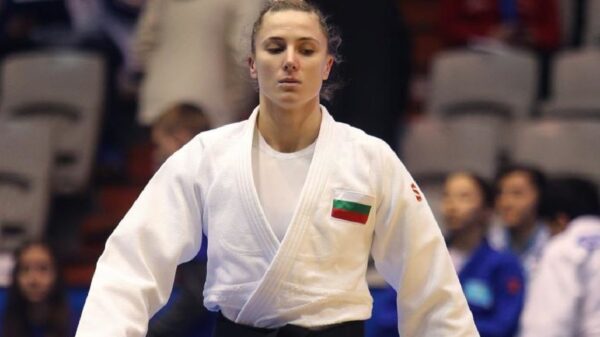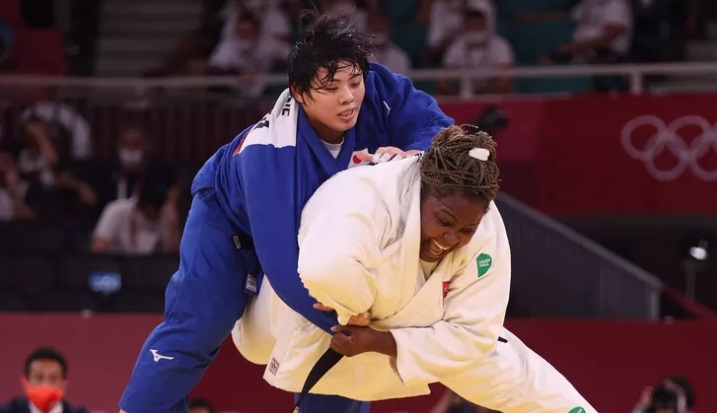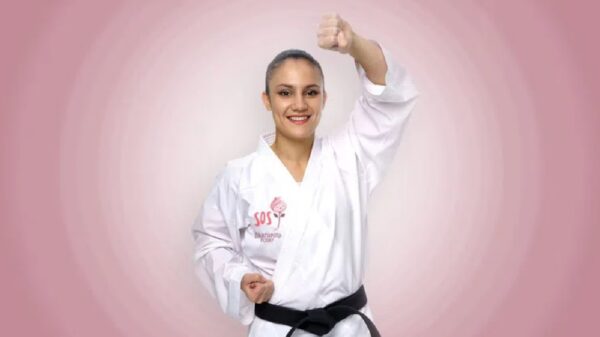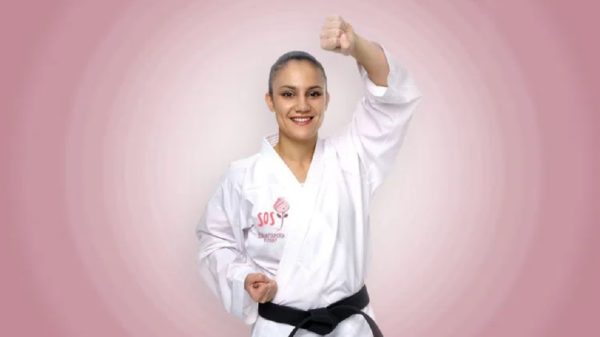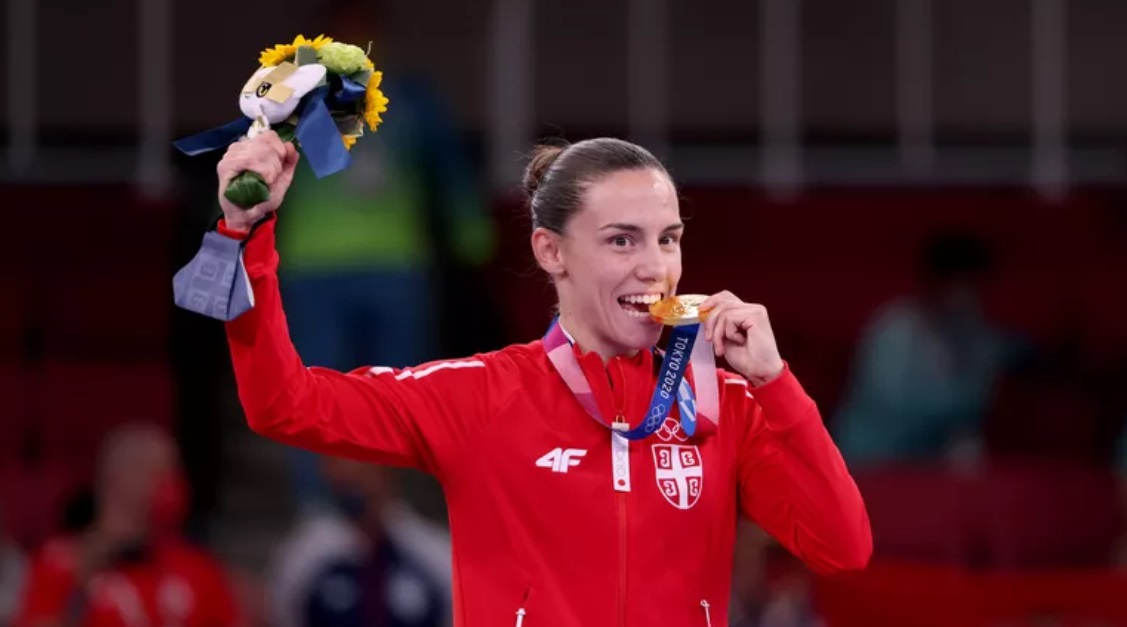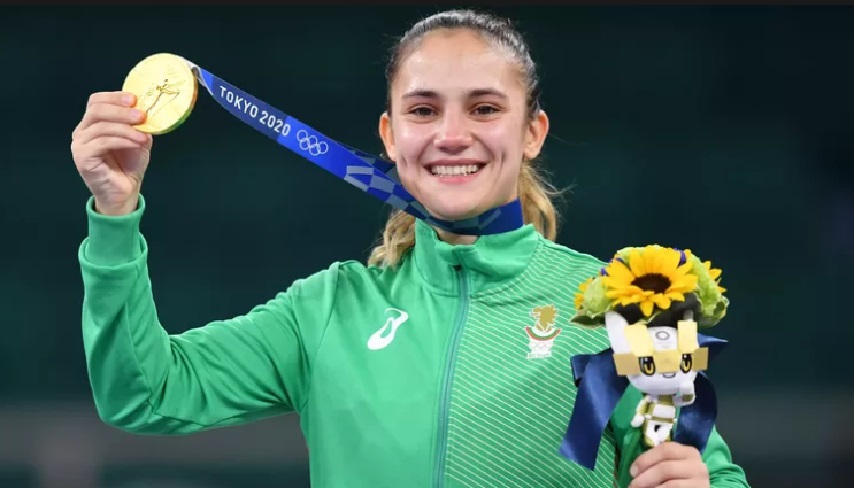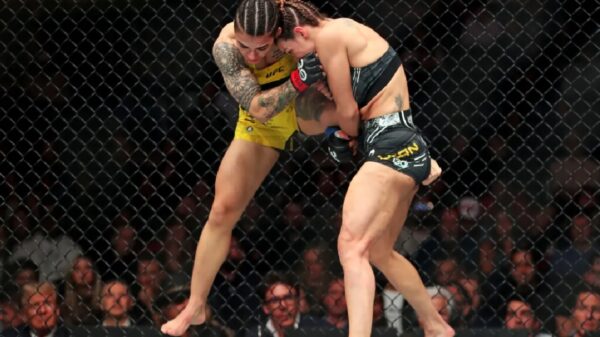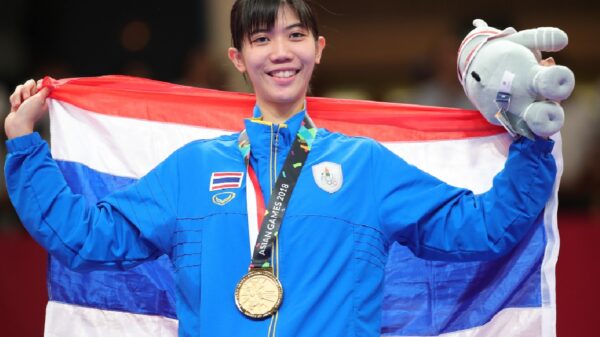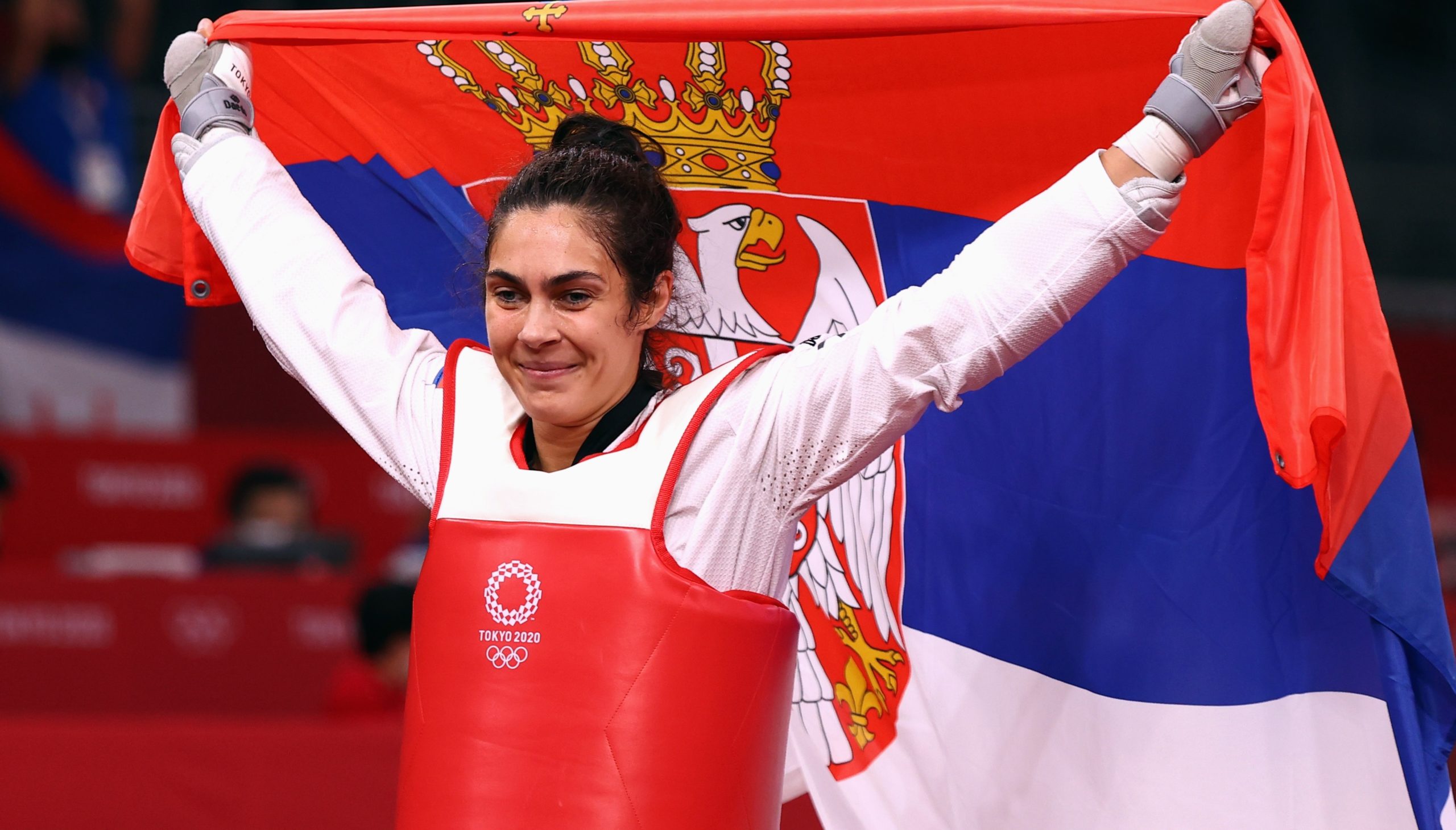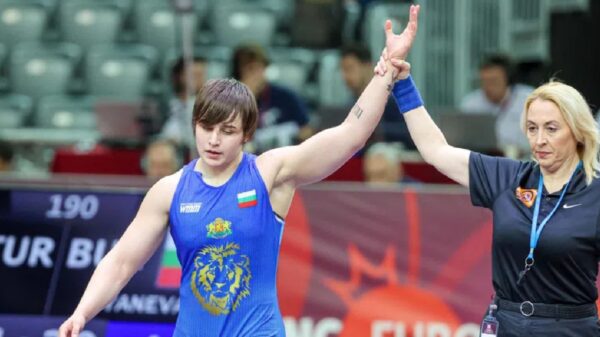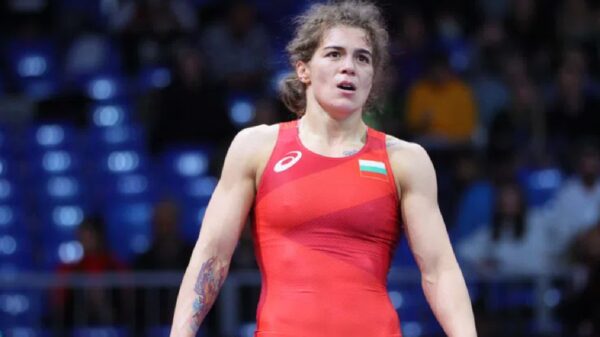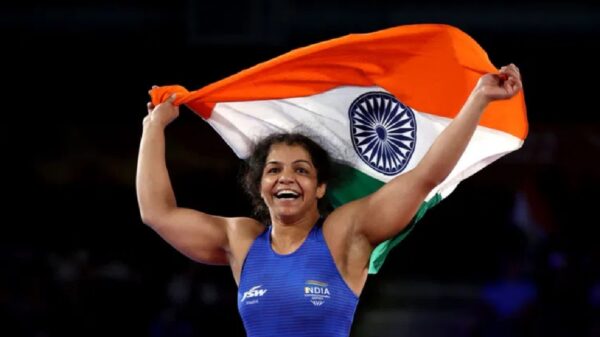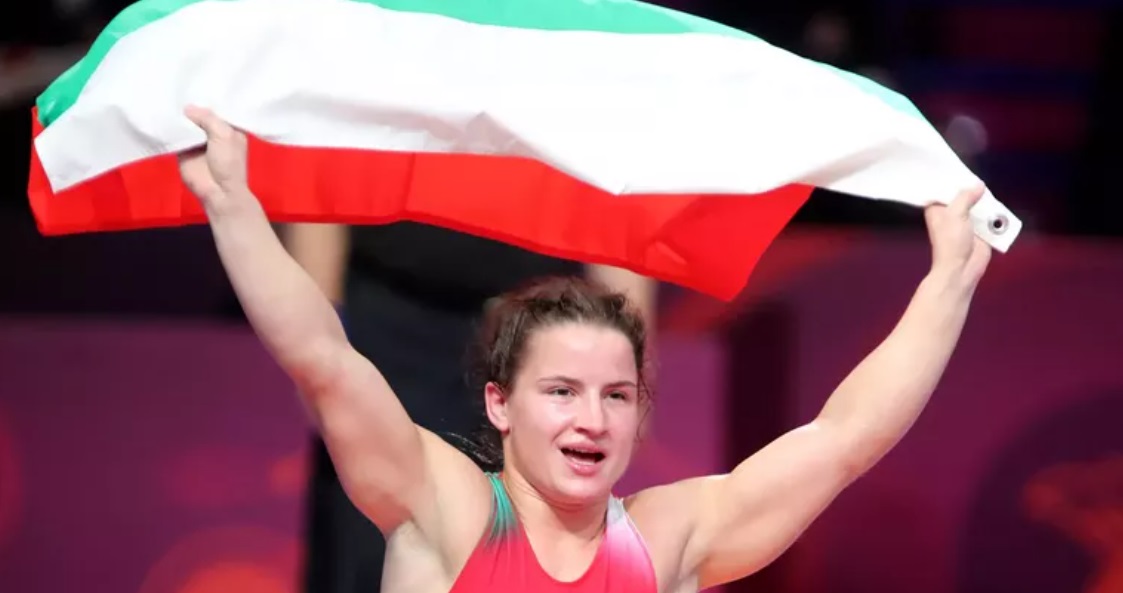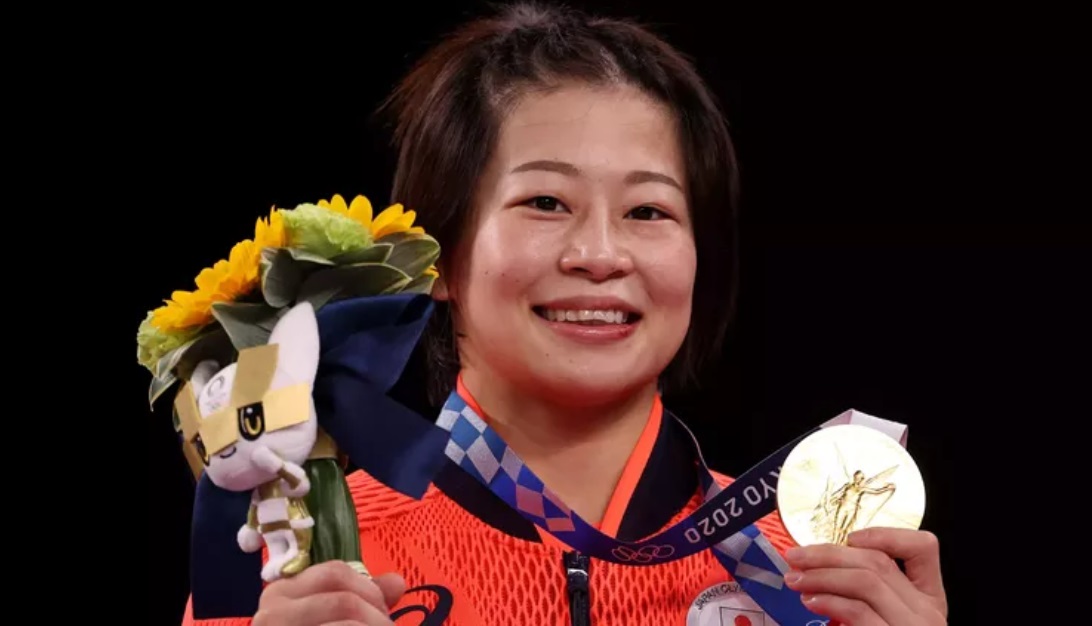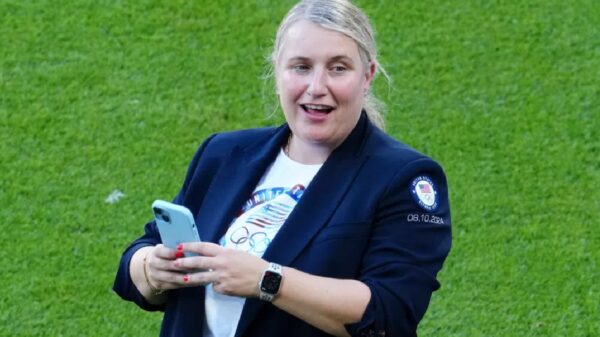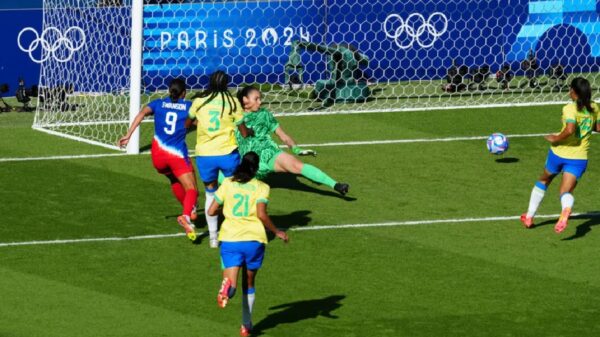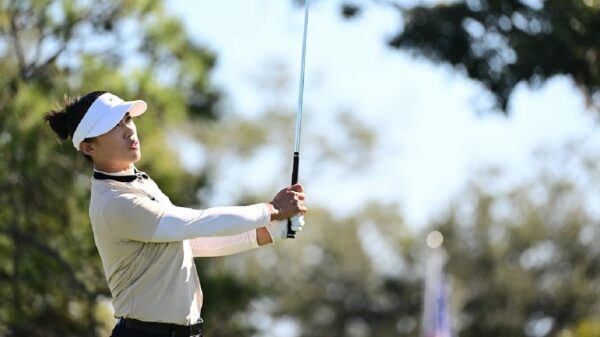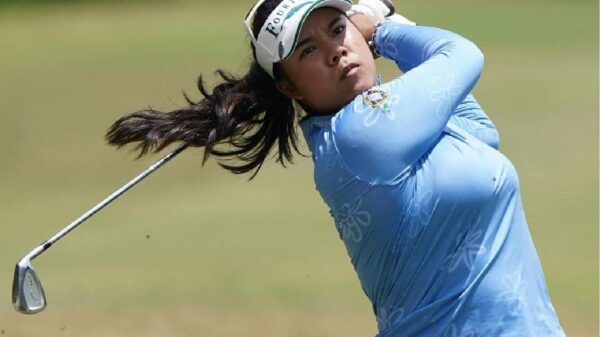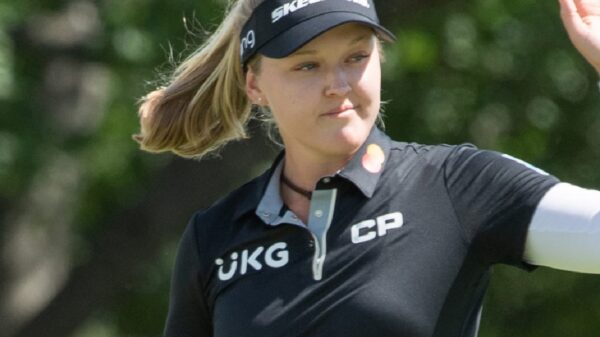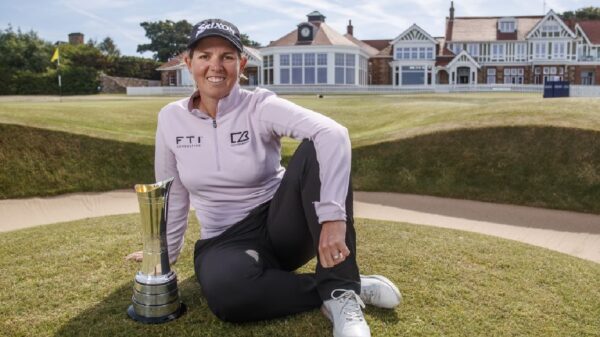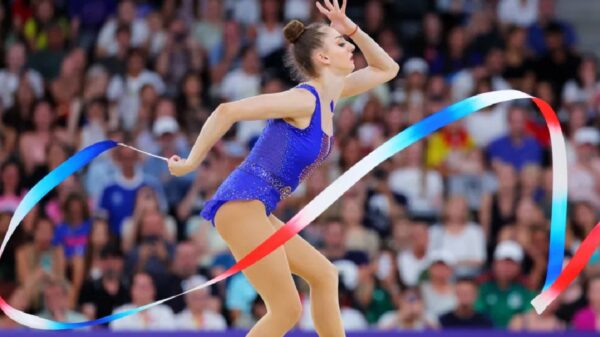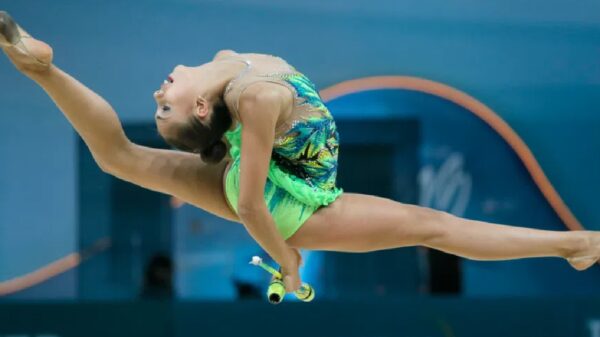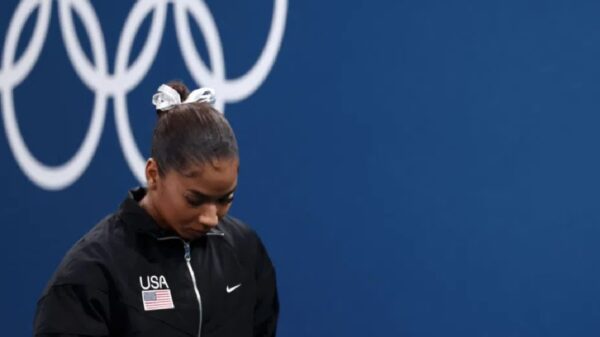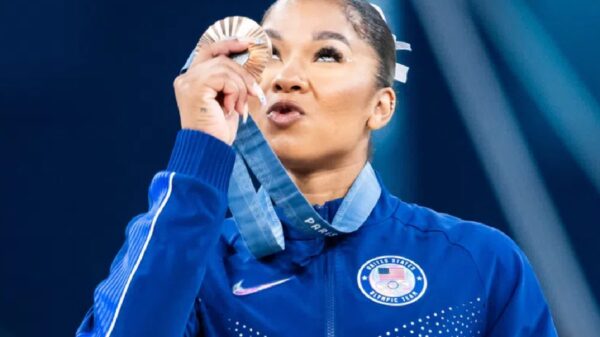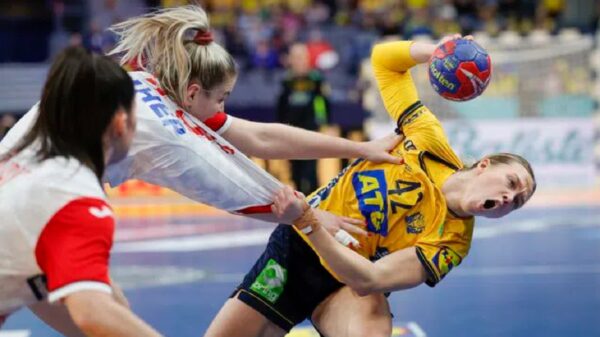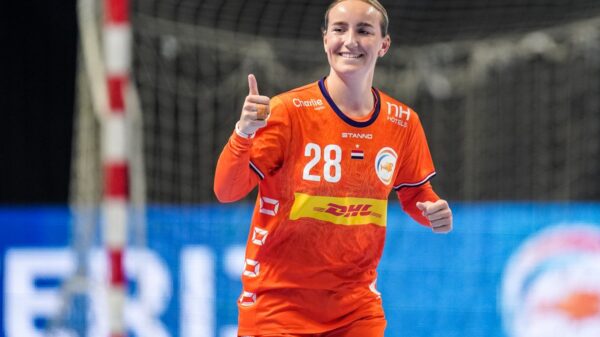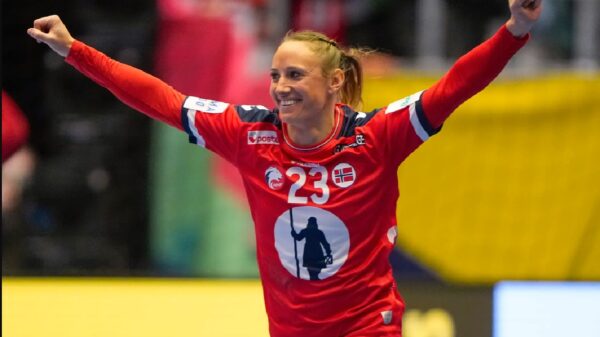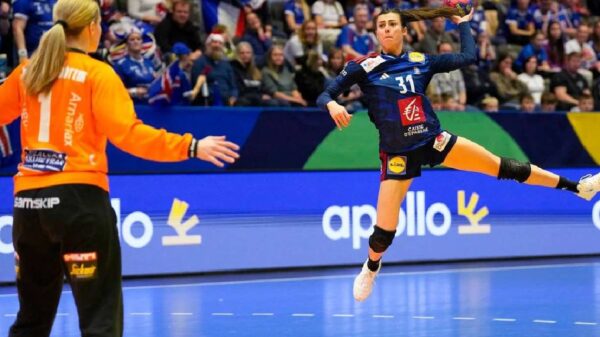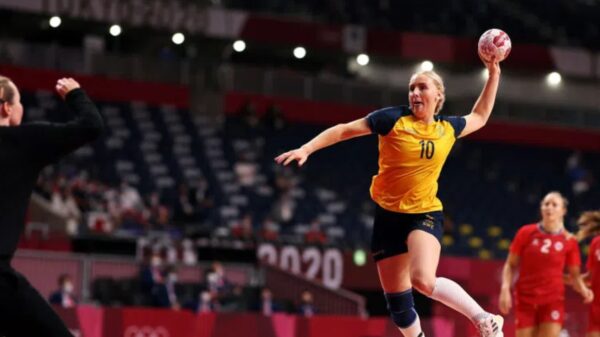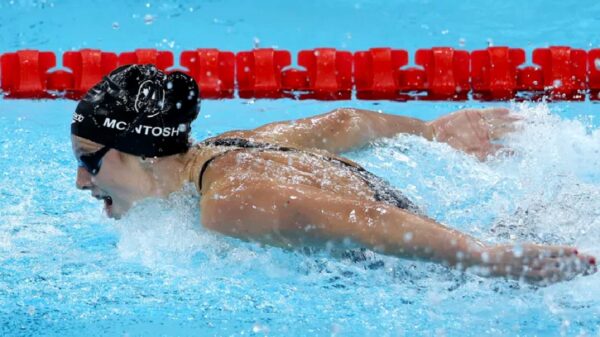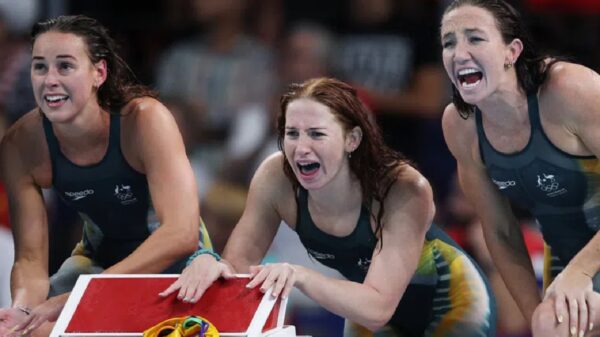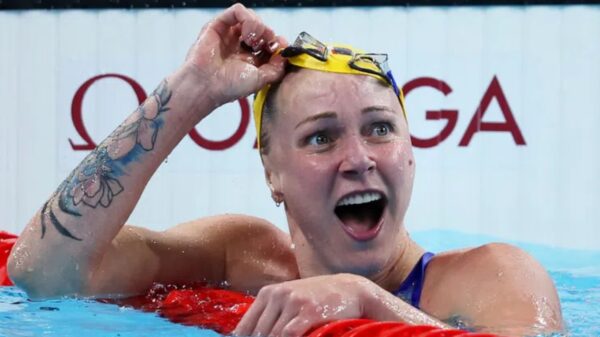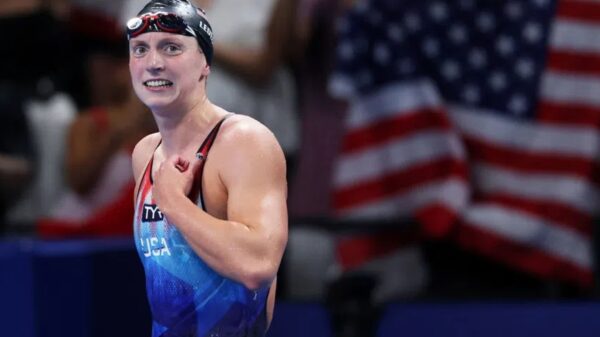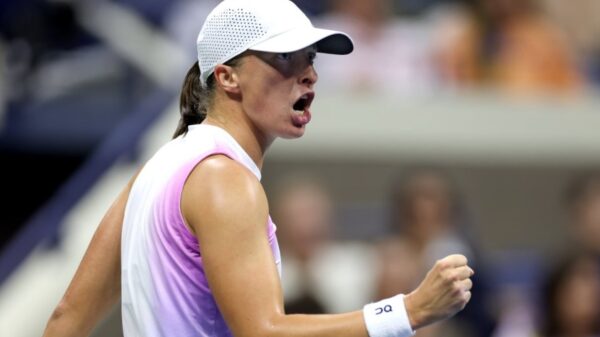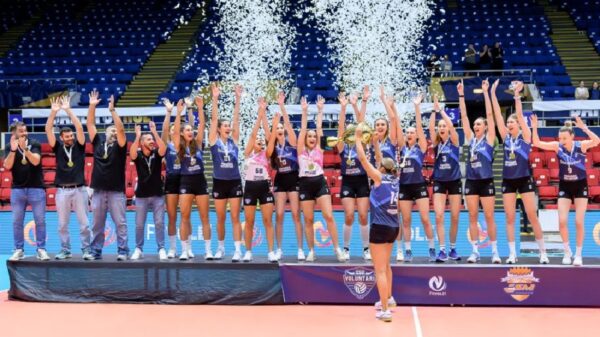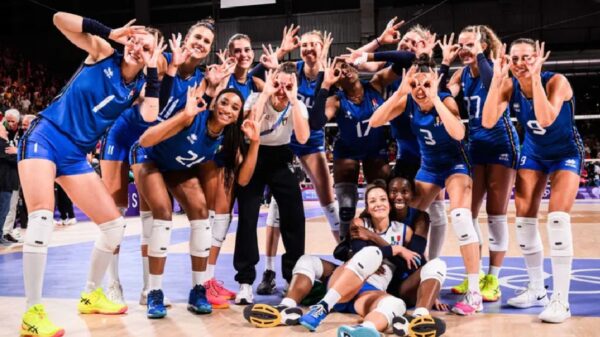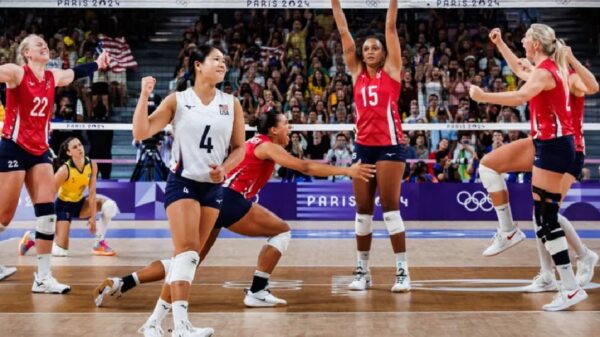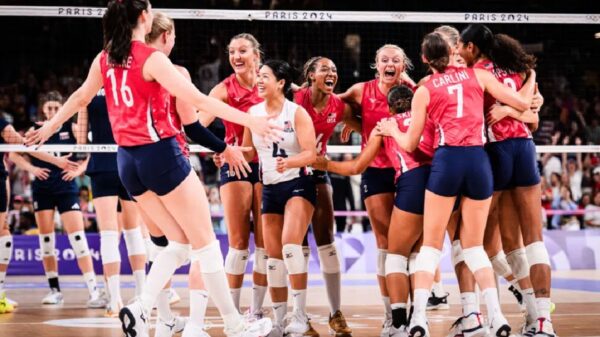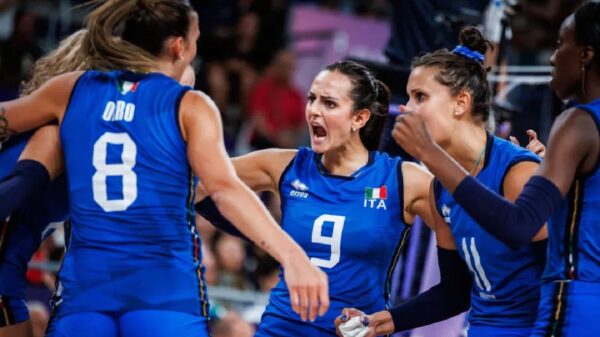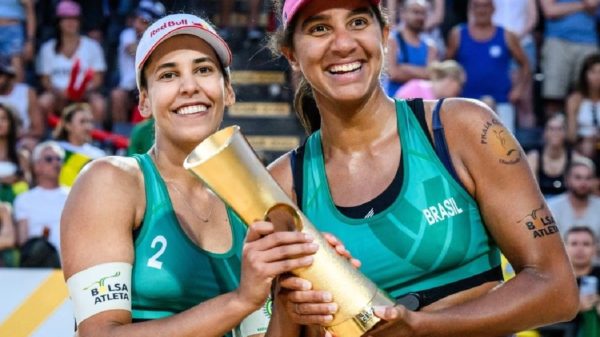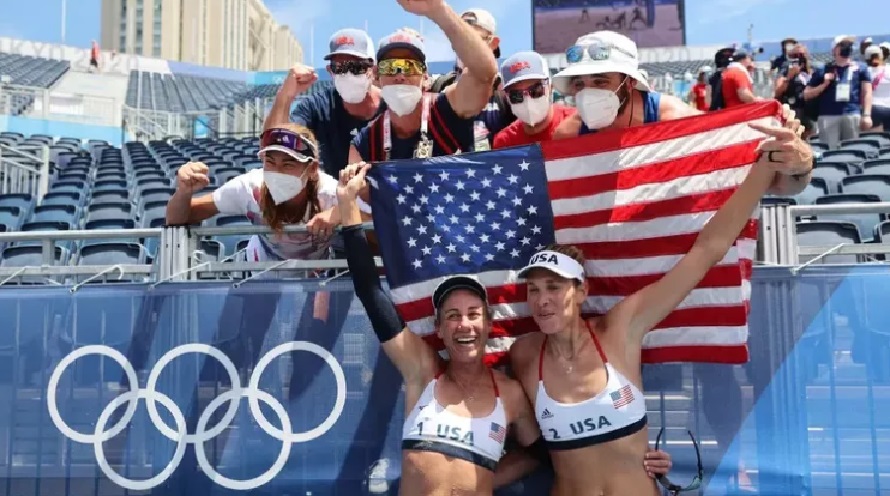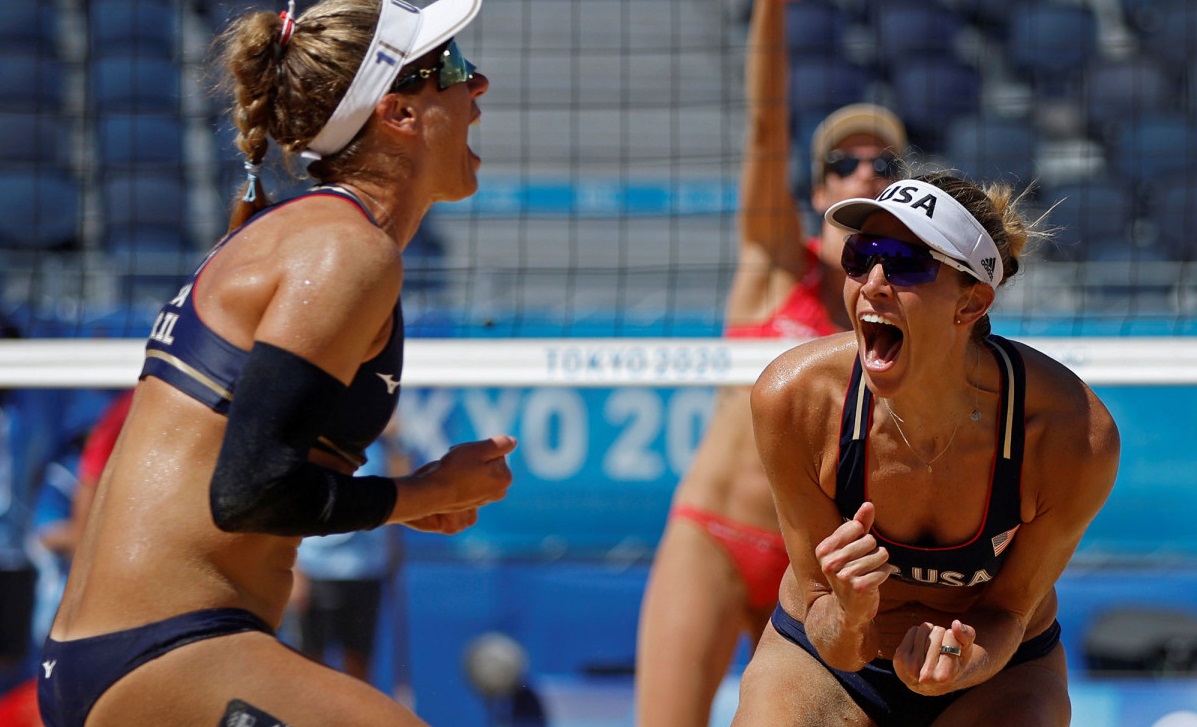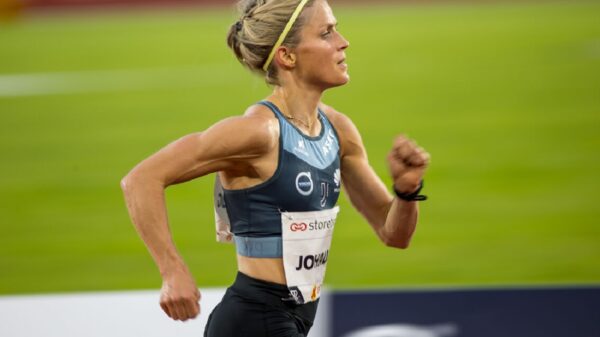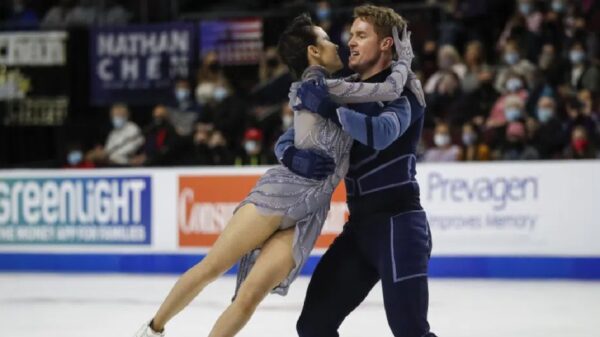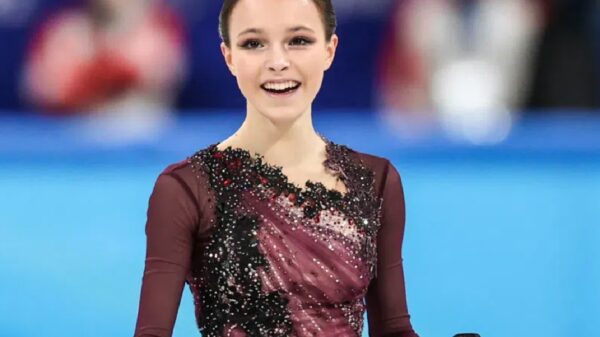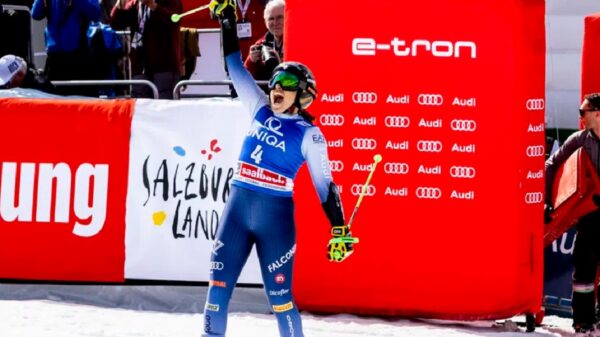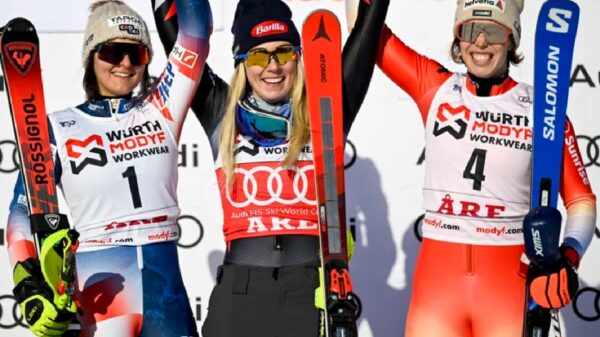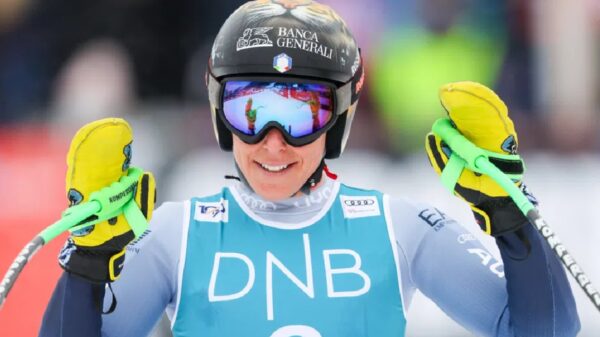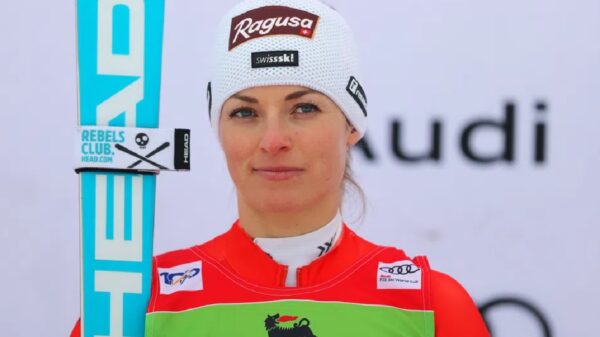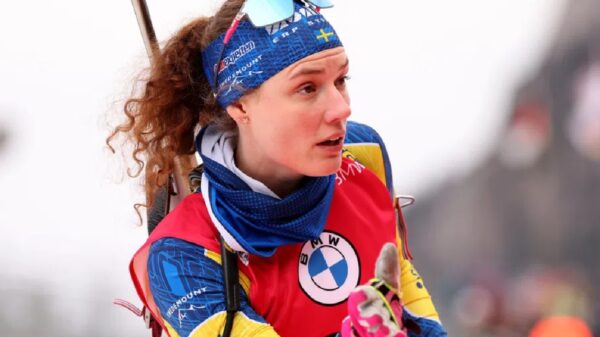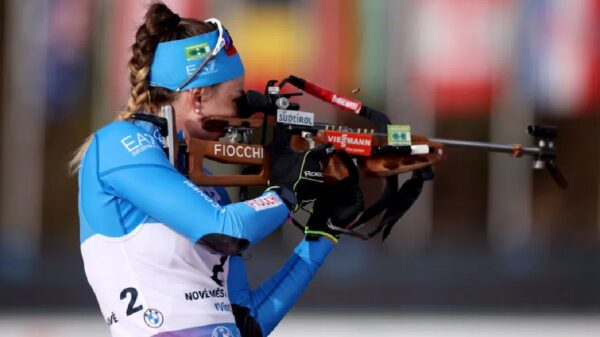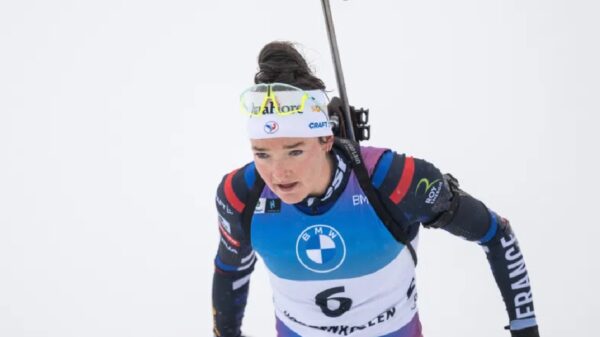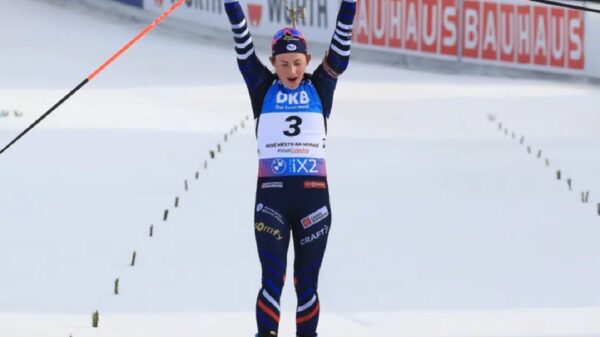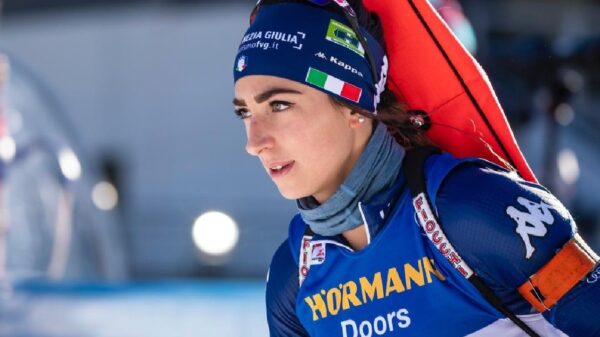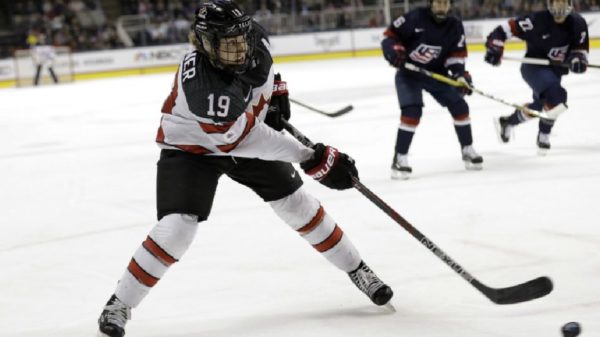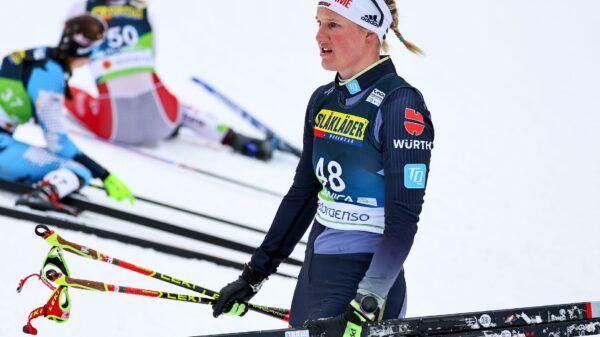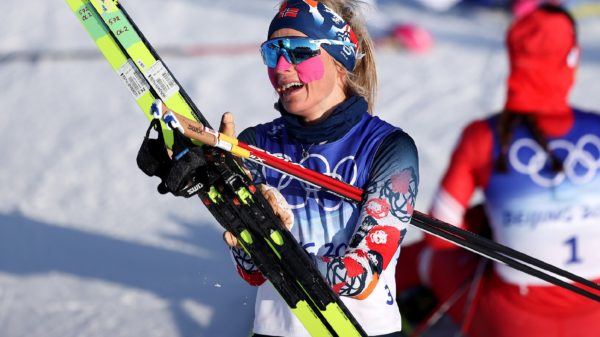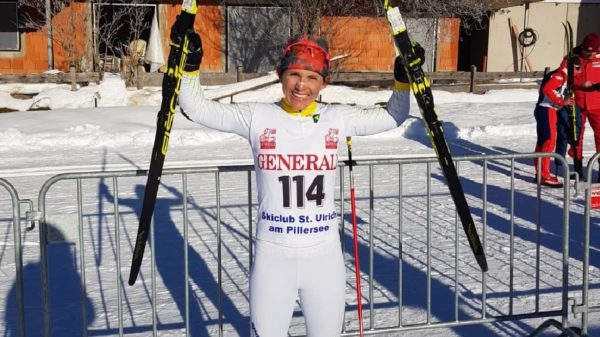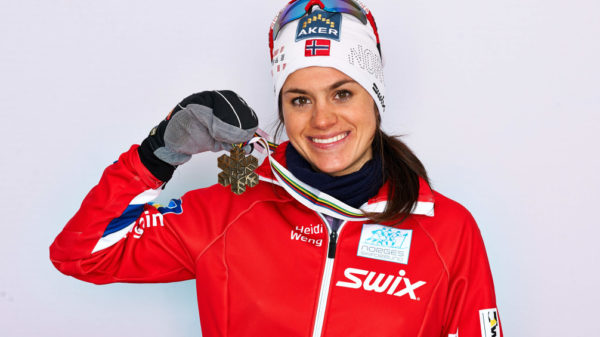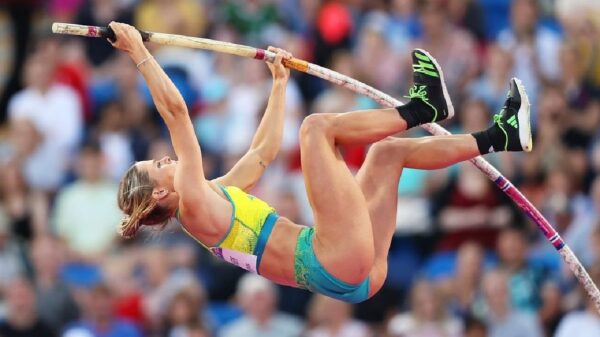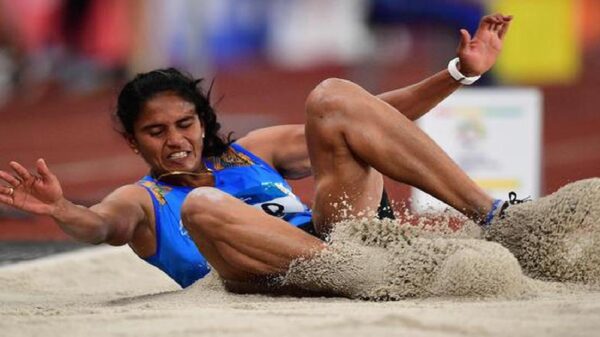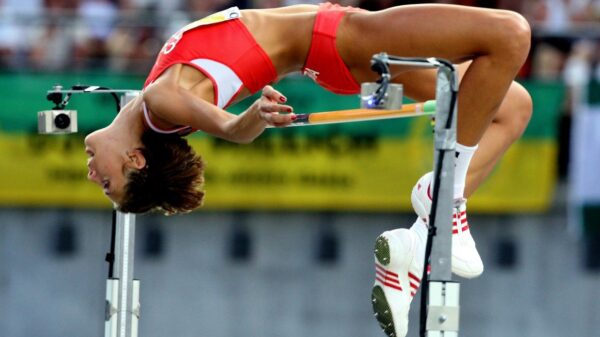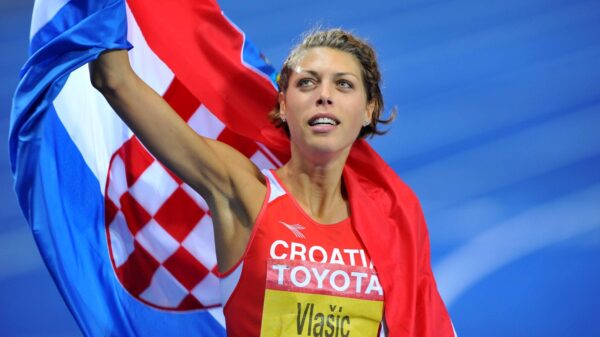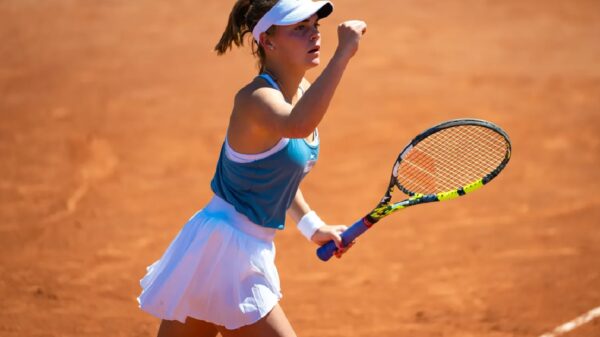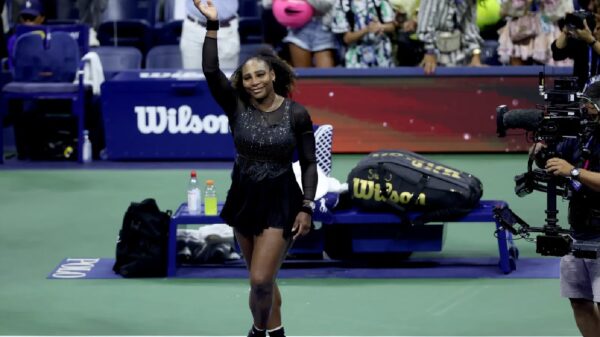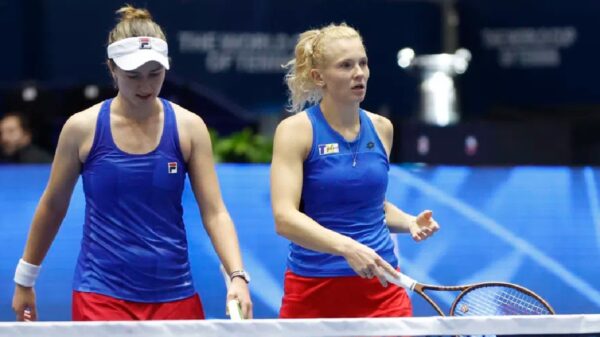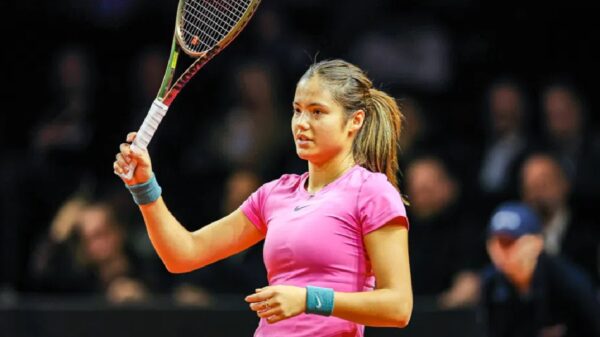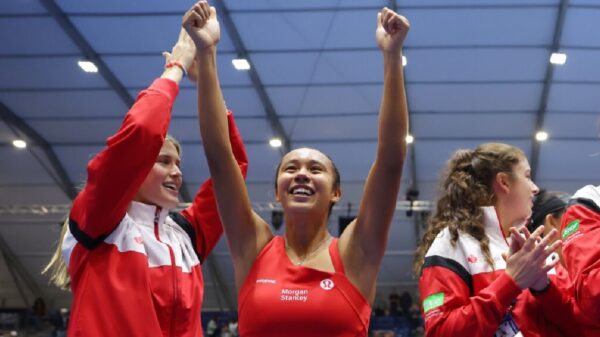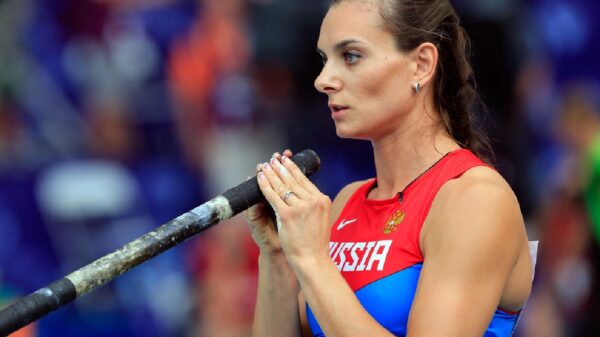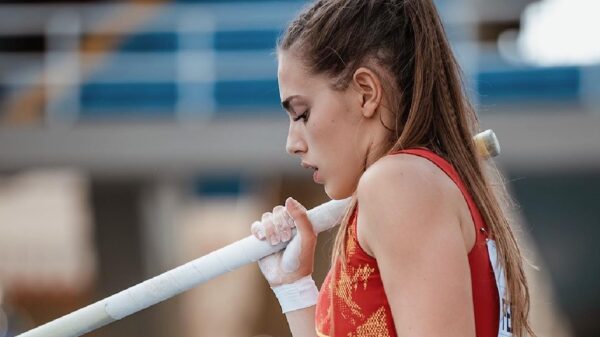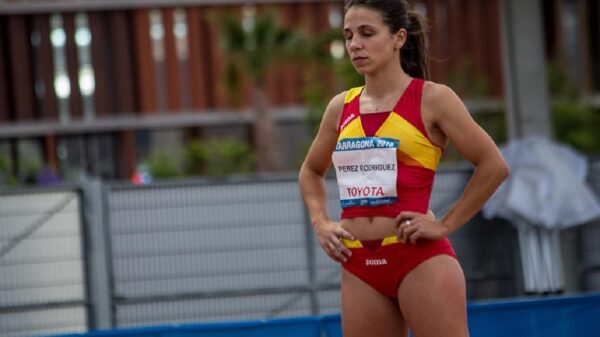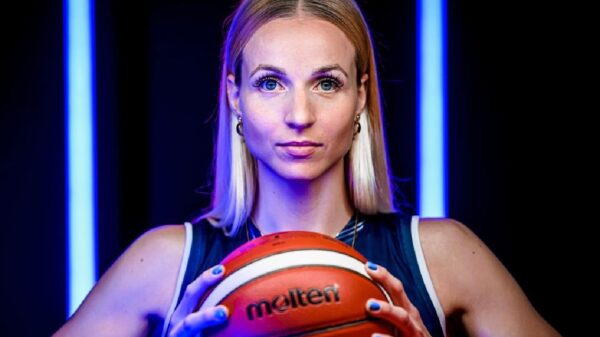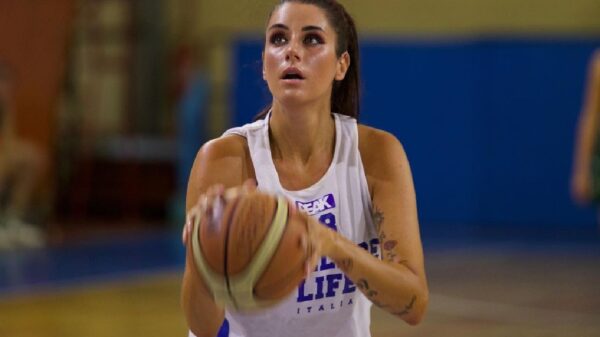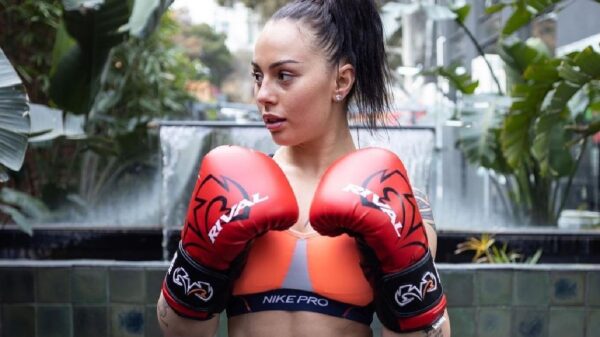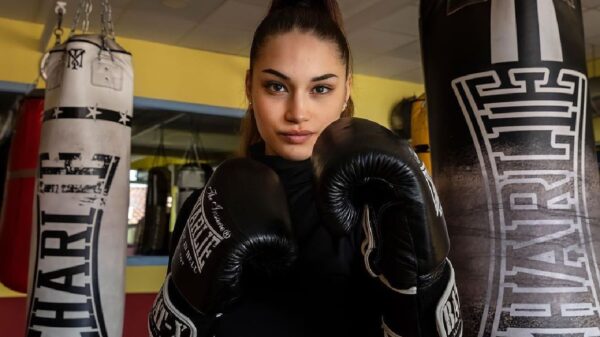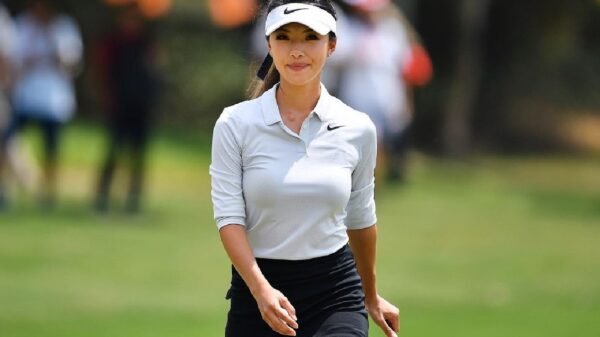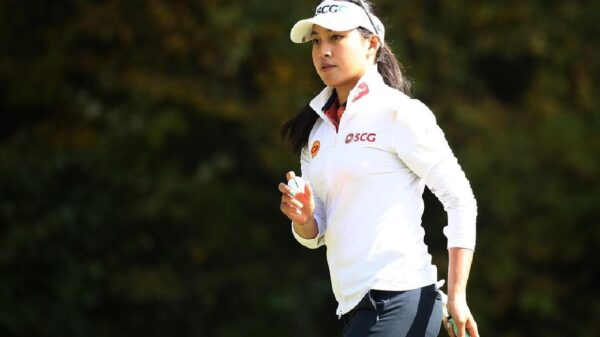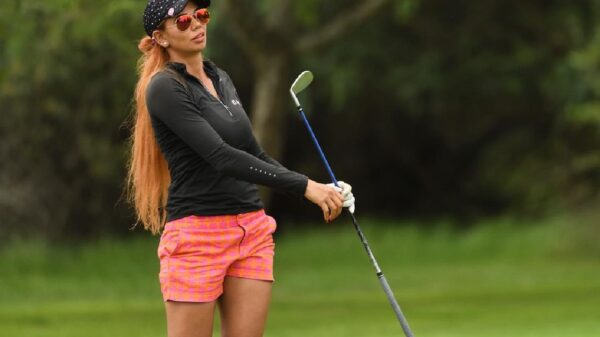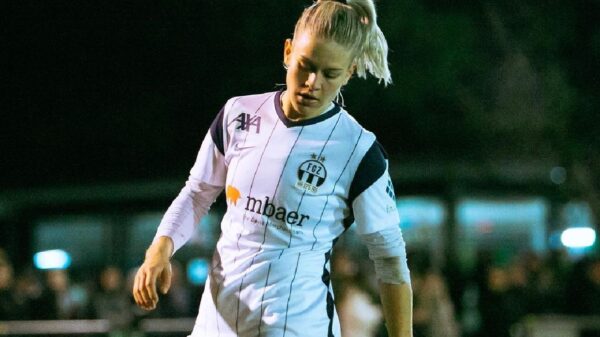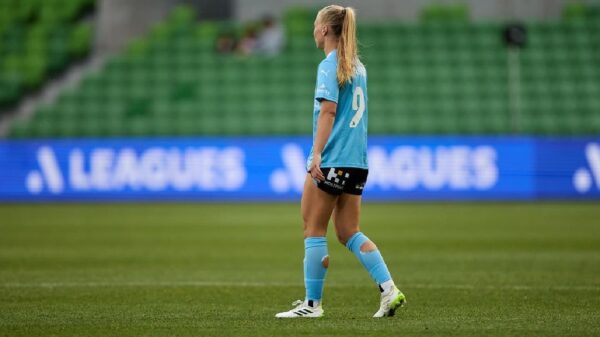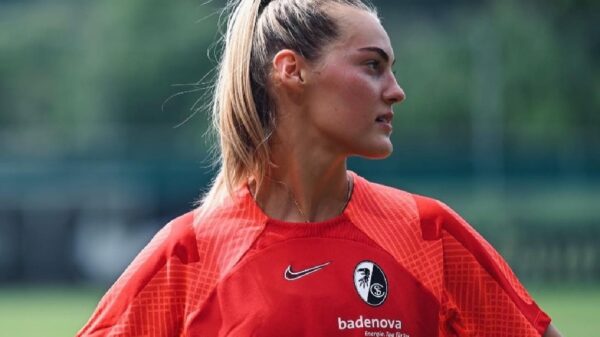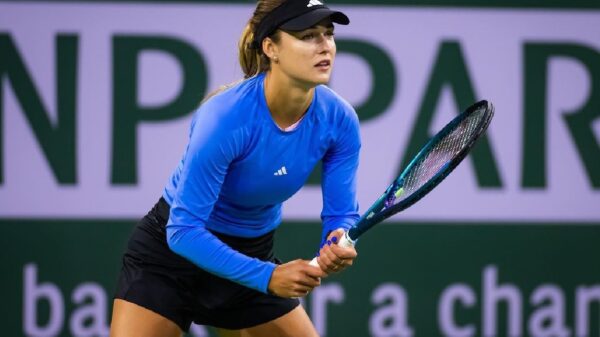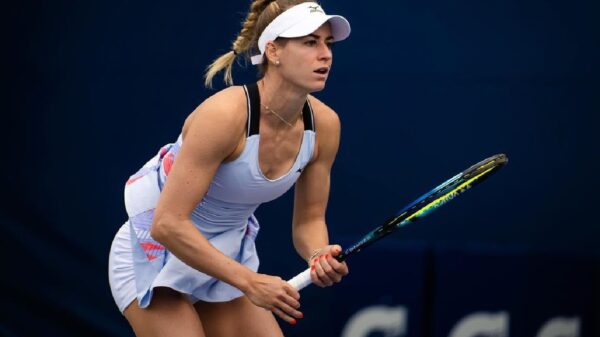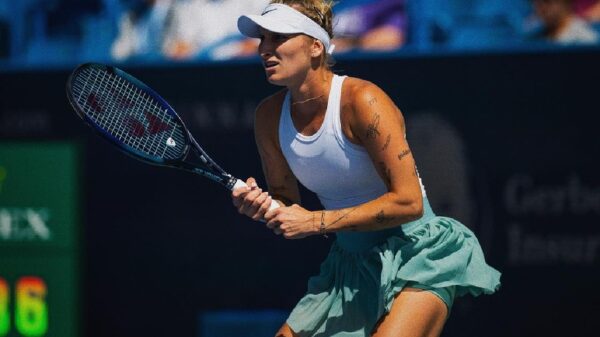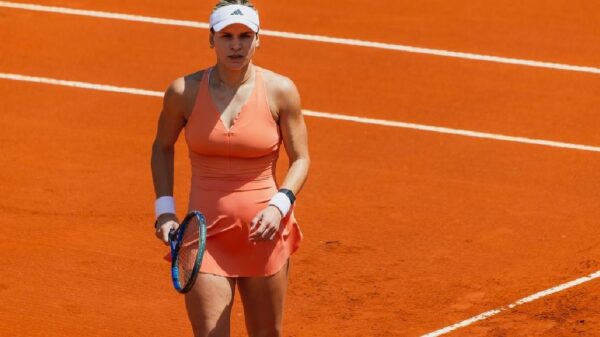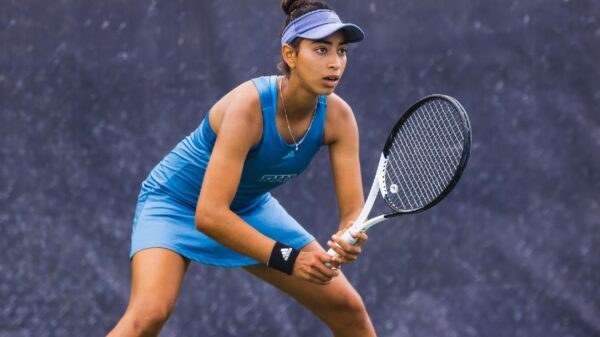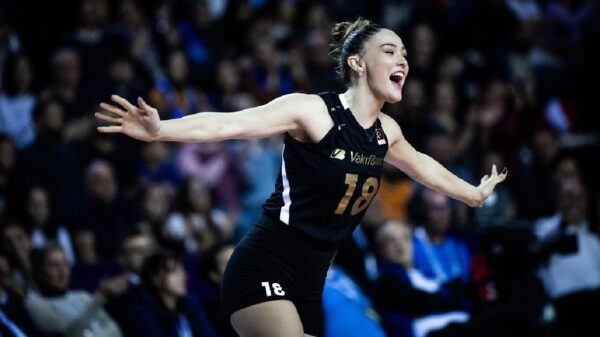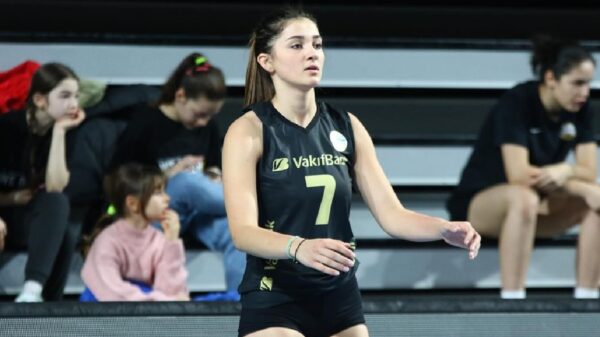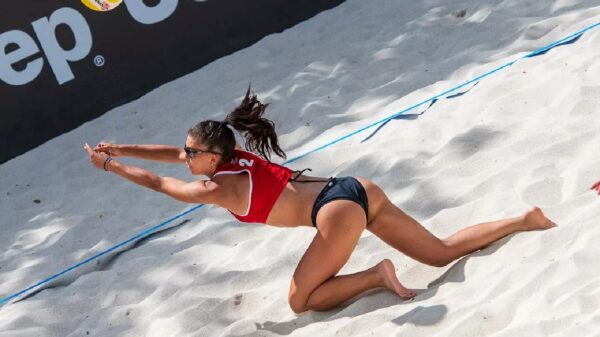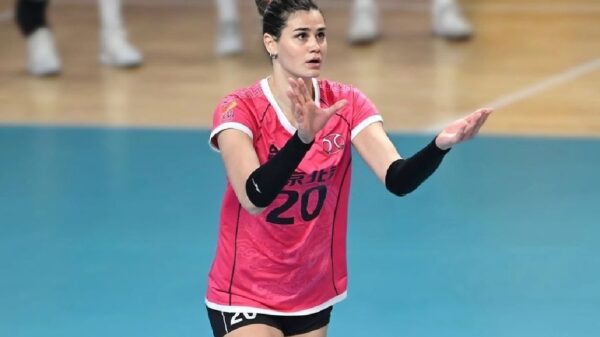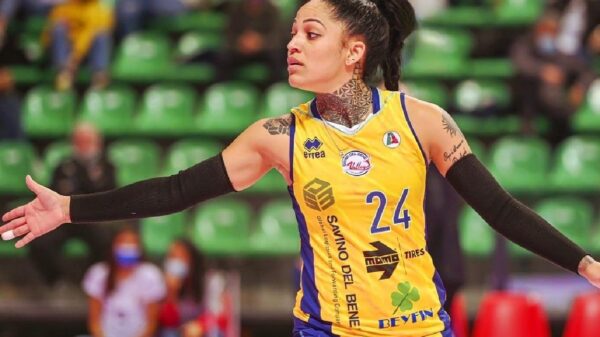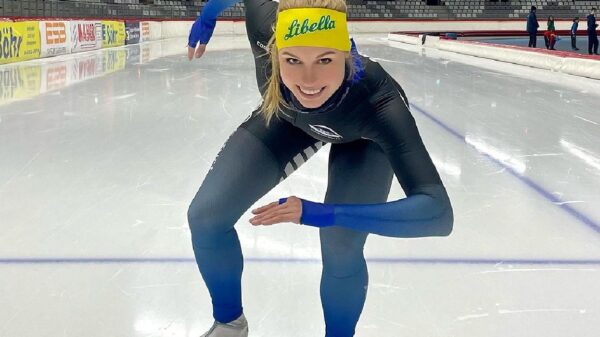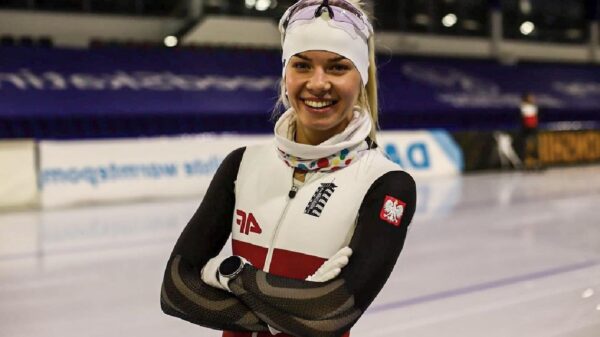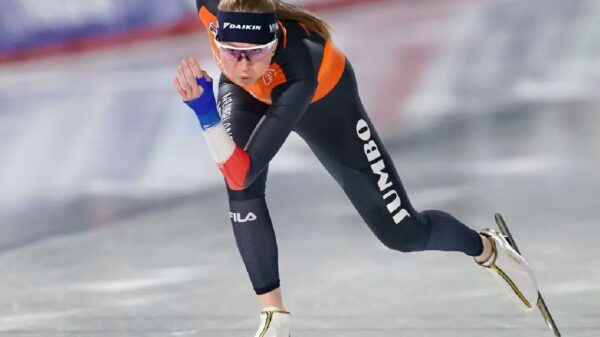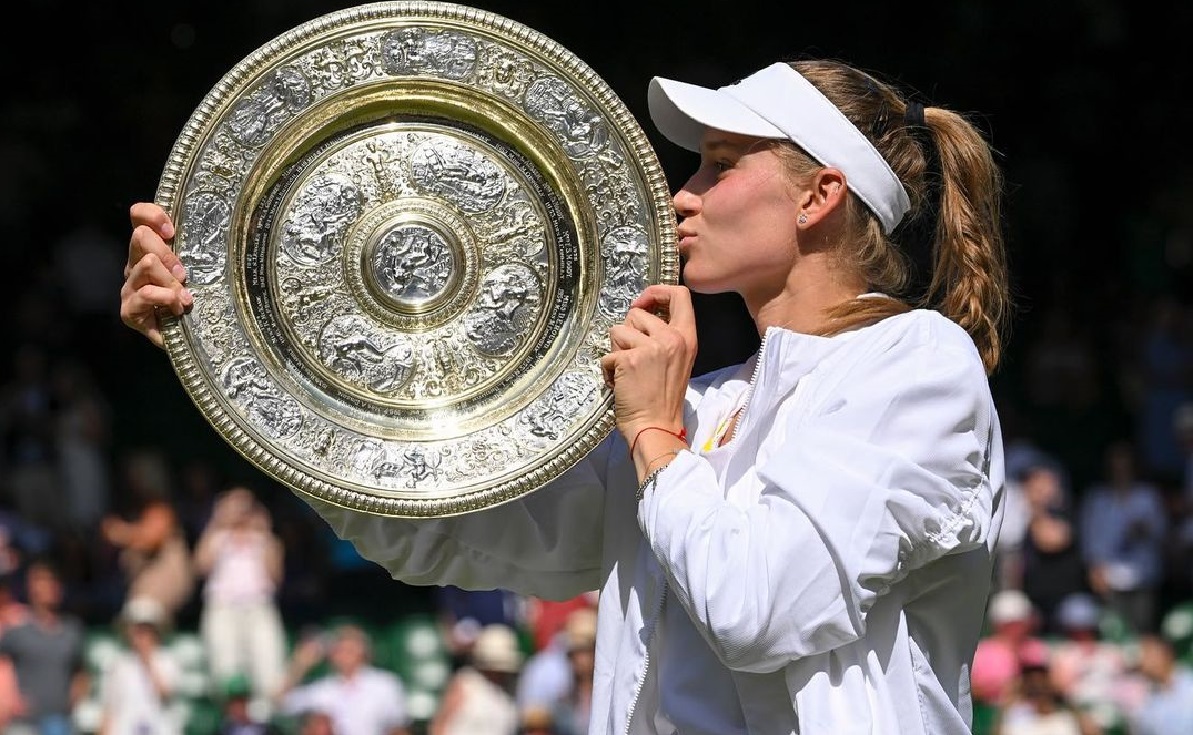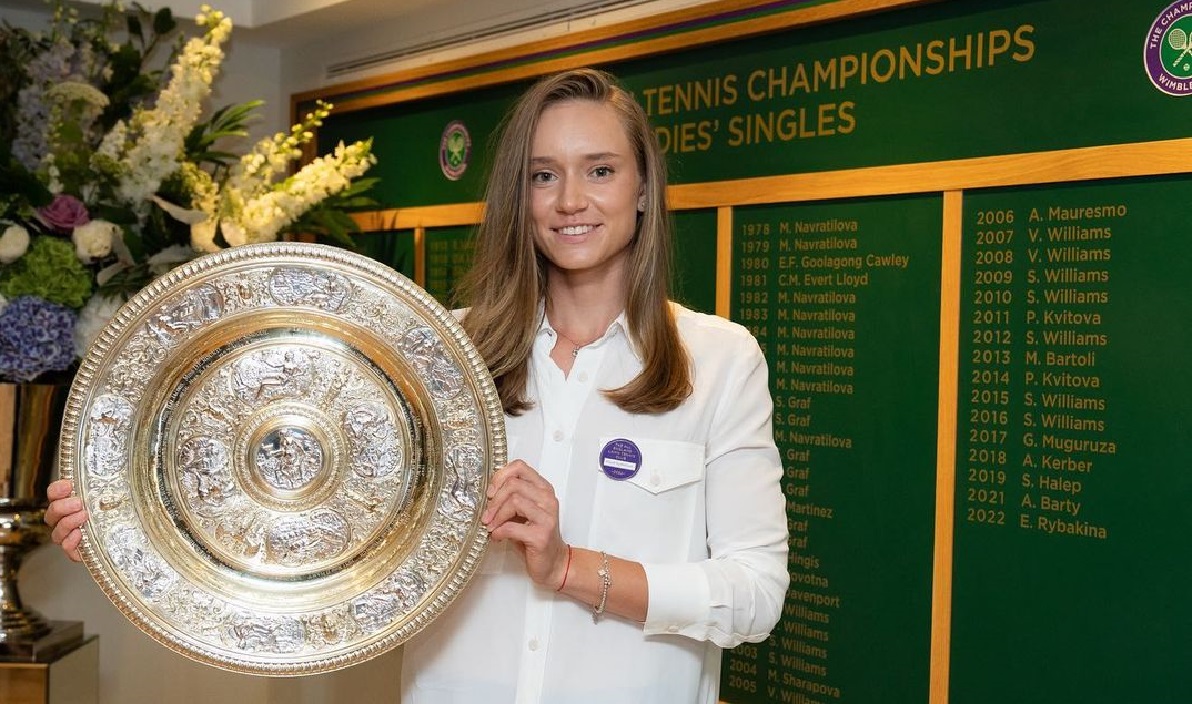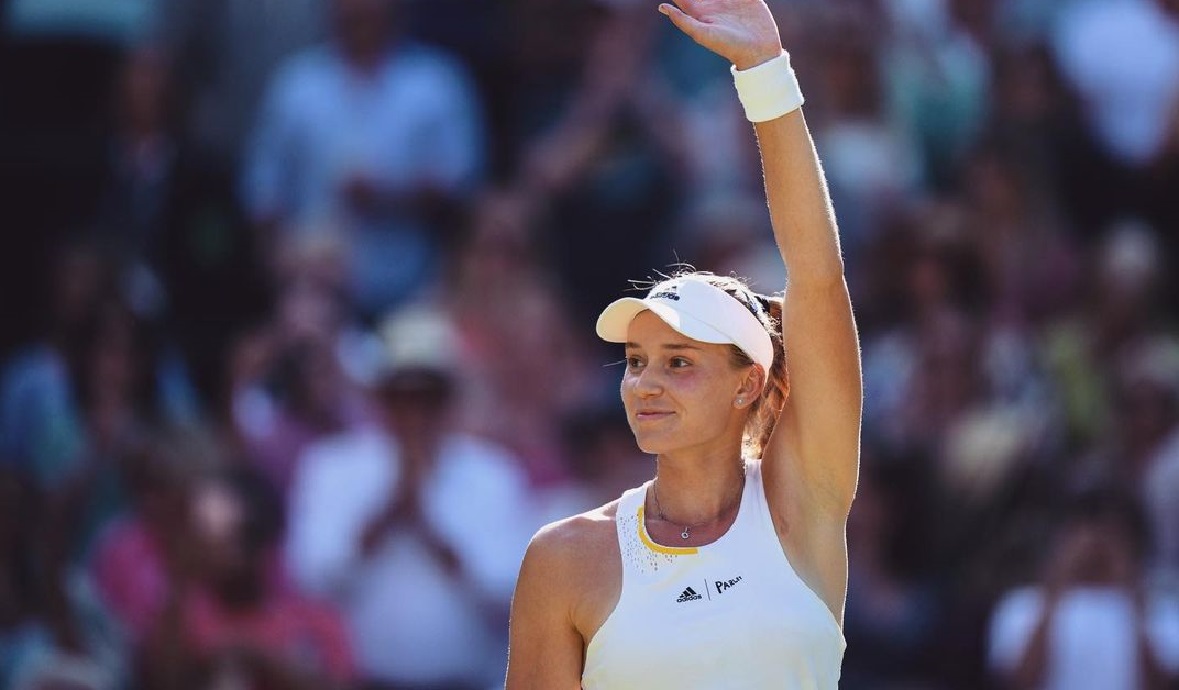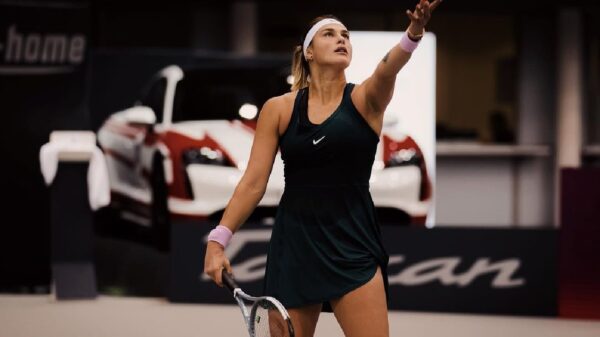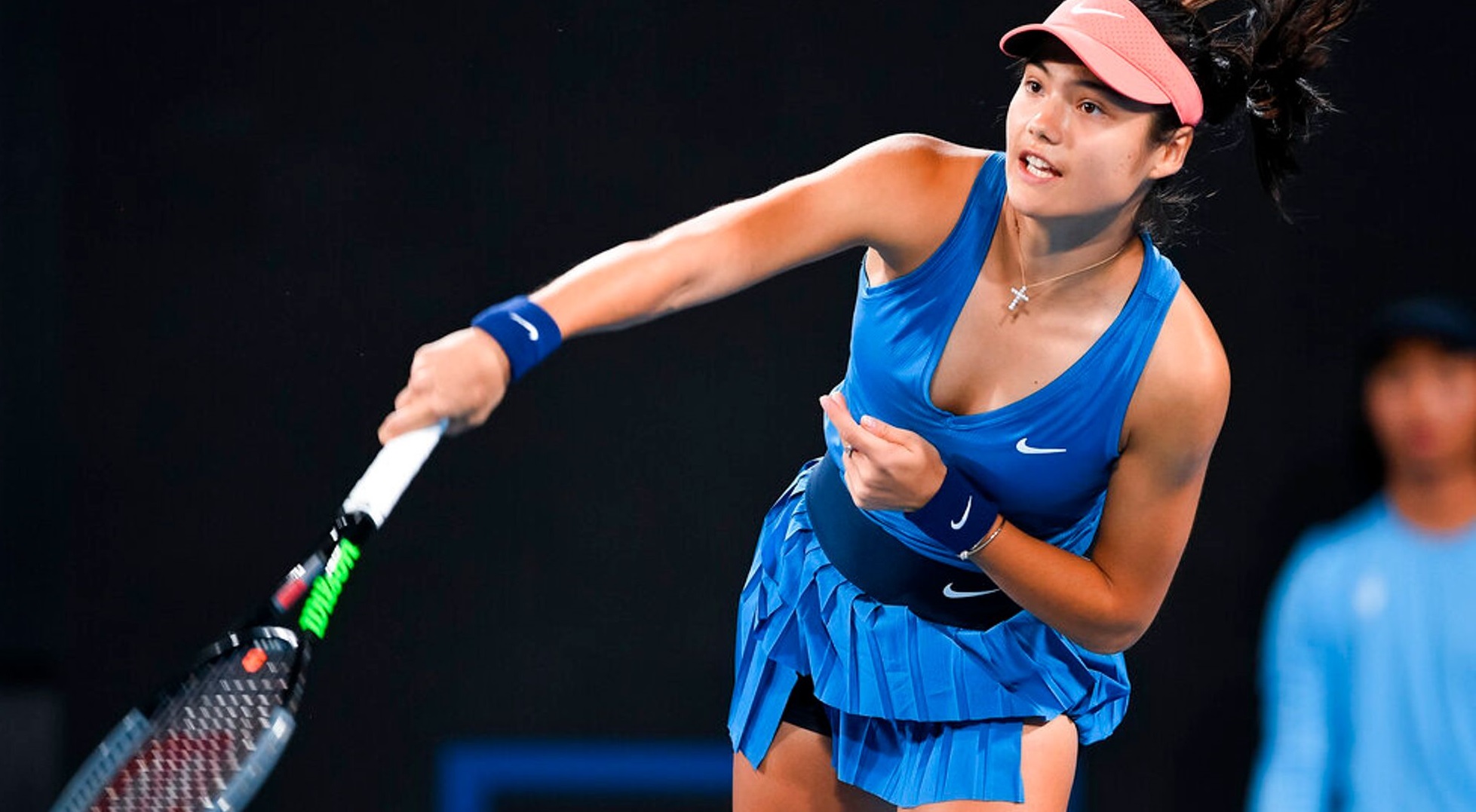The Russian-born Kazakhstani professional tennis player Elena Rybakina is the new queen of Wimbledon after winning the final over the first African woman of this phase in the Grand Slam tournament – Ons Jabeur. The Kazakhstani professional tennis player won the match by 2-1 (3:6, 6:2, 6:2) in 1 hour and 51 minutes.
Elena Rybakina has had a Kazakh passport since 2018, and a triumph on the grass in London would have skyrocketed her into the top 10 of the world rankings.
Ons Jabeur still retains the world’s No 2 and is the first African and Arab tennis player to reach a Grand Slam final, but she could not maintain her momentum from the first set of the battle for the trophy and almost self-destructed in the next more than an hour on the court.
Elena Rybakina made sure that Wimbledon will have a brand new champion this year already with the elimination of Simona Halep in the semifinals. On the “sacred grass” now, she managed to record consecutive victories in the tournaments for only the third time since October – the other two cases are in her final in Adelaide and the quarter-final in Indian Wells.
The world No 23 reached the fourth round of Wimbledon on her debut last year, and this year she lost only one set – to Ajla Tomljanovic in the quarterfinals. The other rivals she eliminated decisively were CoCo Vandeweghe, Qinwen Zheng, Bianca Andreescu, and Petra Martic.
The final match started with a serve of Elena Rybakina, who ended the final point with a diagonal forehand winner from midcourt it and took a lead by 1:0. Ons Jabeur also showed the mastery of her serve from the beginning and even recorded the first ace of the match, although she had done more than three times less than her rival so far in the tournament. Elena Rybakina accounted for one return-winner, but missed a backhand on the reverse diagonal for 1:1. Elena Rybakina increased the errors from the baseline and, because she did not diversify with exits to the net, she began to fall behind in the game score when the first serve was not there. Thus, the Tunisian took the initiative and made a breakthrough for 2:1.
The Kazakhstan player attempted a change coming out of the net, but was missed by an incredible backhand with Ons Jabeur’s maximum reach. The excellent accuracy of the placement of the serve allowed the world No 2 to consolidate the break for 3:1 without any problems. Elena Rybakina was struggling from the baseline to counter her opponent’s slice and recorded her 10th unforced error to give herself a chance to break. She parried it with two consecutive backhands on the diagonals, then took control of the score with a forehand winner. Her service game dragged on for ten minutes, but she still kept the intrigue at 3:2. Contrary to expectations, Ons Jabeur’s forehand was the much more serious weapon so far in the final, earning her faster points and games accordingly. Except for a return-winner and a wrong forehand, the score routinely became 4:2.
Elena Rybakina again managed to fend off a break and stay in the digital ratio, but Ons Jabeur won her serve for an incomparable short time to zero and put the pressure on her opponent at 5:3. The Kazahstani player made two consecutive errors at the net on elementary volleys, and added a double. Very soon, in the ninth game, she found herself in a 0-40 situation and with a new forehand in the net she handed over the set in 33 minutes – 6:3.
In the second set, Ons Jabeur made two unforced forehand errors to end her two-game winning streak at zero, while a forehand winner on Elena Rybakina’s forehand gave her a break point at last. A new forehand in the net of the Tunisian made a break – 0:1. The Kazastani player won her serving game and extended her lead to 1:0.
Rybakina was once again humiliated at the net, then chose not to use a hawk’s eye on her good ball and suffered as the game would have been over. Instead, two errors later put her in front of a chance to break, but three consecutive excellent serves saved her from trouble – 2:0.
Ons Jabeur recalled the versatility, good volleys and excellent short balls with which she built a reputation as the second-best in the world this year. However, the mistakes did not stop, and Elena Rybakina also improved her defense and movement from the baseline and hooked a deuce. Two good serves later, the Tunisian reduced her deficit to 2:1. Elena Rybakina got herself into trouble with two unexplained unforced errors in a row and dragged her service game into deuce, and then with another inaccuracy she had to defend a break point from 40-15. Subsequently, the Kazakh player went through two more such vicissitudes, but she managed and after a nearly 10-minute duel took the lead with 3:1.
A double fault and two consecutive inaccuracies from the forehand of the completely ruined Ons Jabeur compared to the first set made the score 4:1, and hardly anyone thought that this final would be decided with a clear victory. It was only in the 15th game of the match that Rybakina recorded her first ace, although she averaged 8 in her previous matches in the tournament. Nevertheless, with her serve diversity regained, she convincingly took a 5:1 lead and came as close as possible to taking the fight to a decisive set. The world number 2 won her service game from 0-30 behind and still forced her revived opponent to work hard to level the score – 5:2. Elena Rybakina finished appropriately with an ace and a game at zero for 6:2.
In the third set, Ons Jabeur continued her inexplicable collapse after winning the first set, and Rybakina took advantage of her second break point to dominate the net and lead with a crucial early break – 1:0. Elena Rybakina made two inexplicable forehand errors near the net, but redeemed herself with wonderful serves and an excellent winner immediately after the opening shot for 2:0. More and more, Ons Jabeur showed her irritation that she had won only two of ten games since the first set and the title was slipping away. The Tunisian still rallied to take her serve and cut to 2:1, although she got away again in some situations due to her opponent’s errors. However, Rybakina was the dominant player on the court for about an hour and showed no signs of stopping – 3:1.
Even without a first serve, Ons Jabeur found a way to make the ratio 3:2, but it again became mainly due to Rybakina’s inaccuracies. Despite being much closer to the coveted trophy, the Russian continued to be unconvincing at the net. However, the statistics regarding the winners in the third set were categorical – 7-0 for Elena Rybakina.
The first game-winner of the Tunisian came off a short ball with the help of the net, and a great lob earned her a triple break point. With luck, with a mistake by Ons Jabeur, and with an excellent backhand on the straight, Elena Rybakina saved herself from the dangers and brought the game to deuce. With a wonderful serve and subsequently a lot of help from the net, the representative of Kazakhstan made the magical turn and led decisively with 4:2.
The world No 23 got a great opportunity to break through and win a “hidden match point” after a mistake by her rival, who had no help from her first serve. Three consecutive powerful forehands from Elena Rybakina gave her the comfort of a 5:2 lead and a shot at her debut Grand Slam title. Although not without nervous moments and tense moments in the game, Elena Rybakina reached her championship point, although she could not count on the first serve. However, an unreflected opening shot made the Kazakh representative the new queen of Wimbledon – 3:6, 6:2, 6:2.
Elena Rybakina had won just two of her previous eight finals in her career, and her titles are from before the pandemic in the WTA 250 categories – Bucharest 2019 and Hobart 2020. This is her first appearance in a final on grass, and this season she lost the battle for the trophy in Adelaide by Ashleigh Barty.
The 23-year-old player became the youngest Wimbledon champion since 2011, when Petra Kvitova triumphed at 21.
Kazakhstan is only the 12th country with a member of the family of champions of the “sacred grass” in London.

